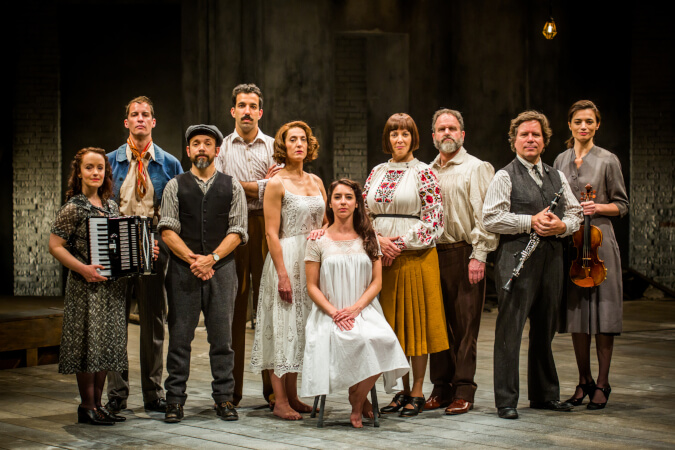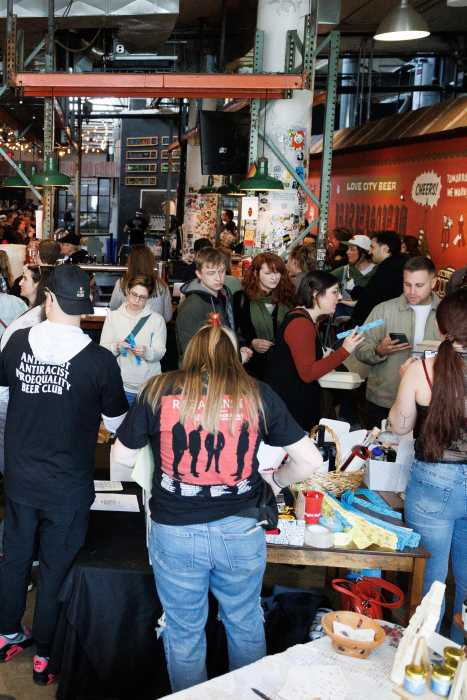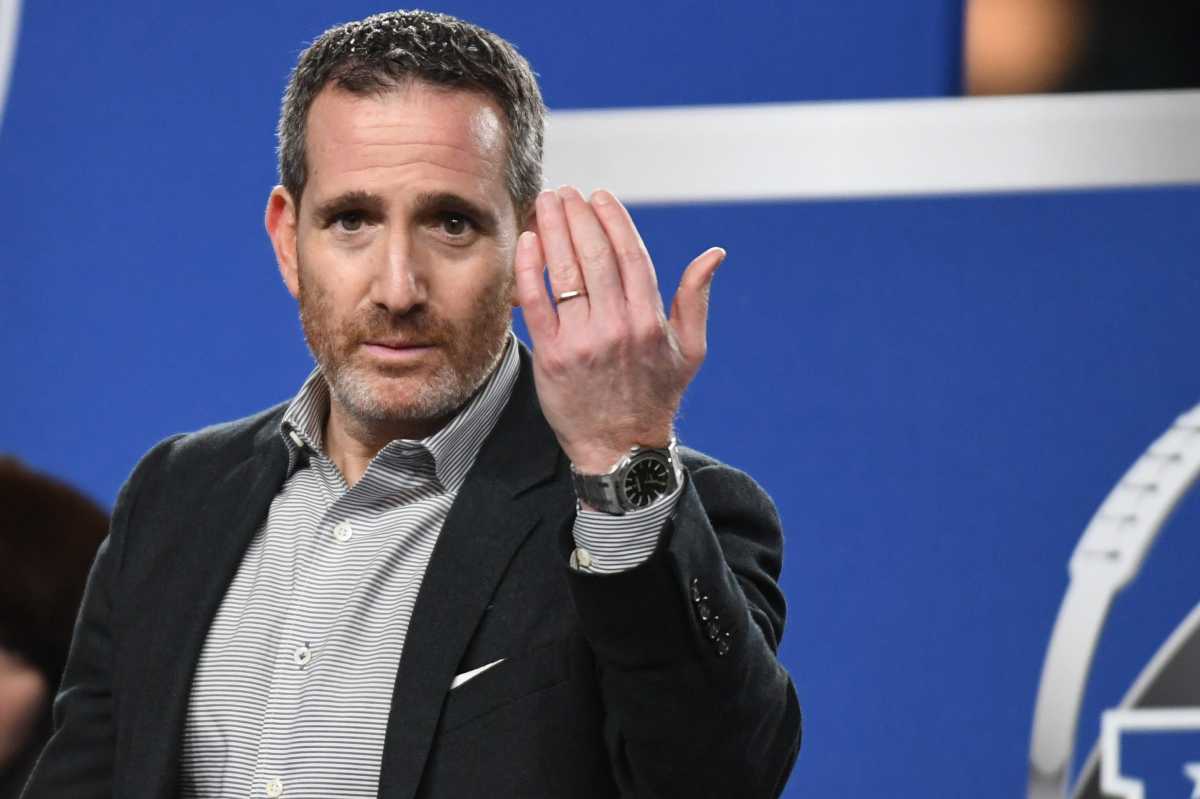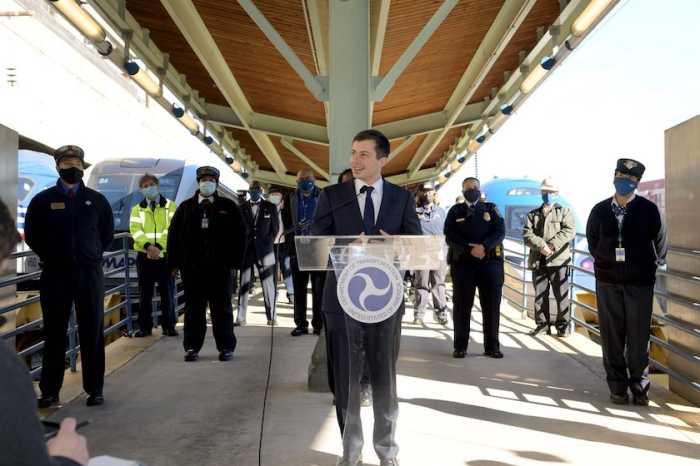The Arden Theatre Company’s latest production, “Indecent” hits the stage this week, and this transformative show is truly unique. “Indecent” is a play within a play, the story follows the controversy surrounding the 1923 Broadway production of “God of Vengeance” by Sholem Asch. After Asch’s play hit the stage, the producers and cast were arrested for indecency surrounding the content of the show. “Indecent” takes a deeper look at the history of “God of Vengeance”, the repercussions of debuting an informed show ahead of its time and dives into how some people fear the unknown– whether that be regarding sexual orientation, cultural differences or overall political views. Metro sat down with Rebecca Wright who is directing the Arden’s production of Paula Vogel’s show. Wright discussed the show’s history, the importance of “Indecent’s” message and overall what Philly audiences can expect from the production.
Director Rebecca Wright gives the scoop on the Arden’s transformative new production, “Indecent”
What can you tell me about Paula Vogel’s play “Indecent”, and how did you get involved with the production?
“Indecent” is a play about a play called “God of Vengeance” that was a hit in Europe and the Yiddish theaters in New York. It was translated into a bunch of languages including English, and it transferred from downtown Yiddish theaters to downtown English speaking theaters and then opened on Broadway. Immediately following the opening on Broadway, the entire cast and the producers were arrested for indecency. You could point to a lot of things about the play that would have led to that arrest, but one of the things about the play is that it features a lesbian love story. Actually, the Broadway production was the first in the early 1920s to have a kiss between two women on a Broadway stage, so it was a really amazing and important play way ahead of its time in a lot of ways. There is just this interesting theater history tidbit of everyone getting arrested, and eventually indicted although they did get cleared. So this play was built starting on the arrest and then looking at the broader history of the [“God of Vengeance”] play, the Yiddish language, Yiddish language theater and really of theater in America and the Jewish influence. It’s really very interesting subject matter and I became involved in this production a little more than a year ago when the Arden decided to hire me on to direct. I do have personal connections with the subject matter, but I’m also a Philly based freelance director and the cast is an ensemble cast so I’ve always worked with them as well.
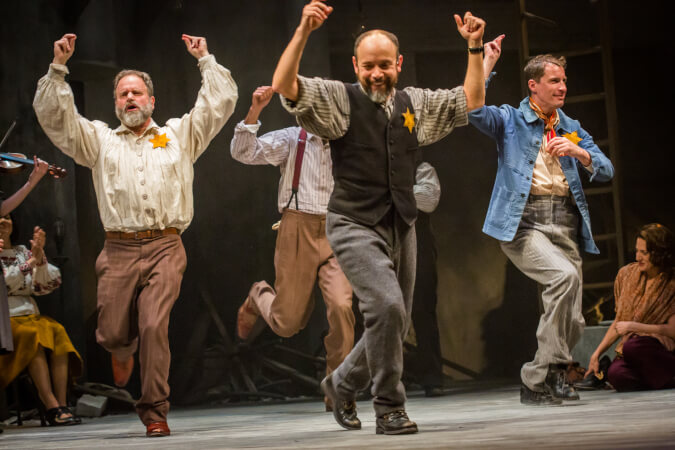
Why do you think it’s important for this specific story to be told?
I think in a lot of ways the story of this play is a story about people coming together in dark times to create things– to create art and create spaces where they can be safe and celebratory, to create spaces and art that represents them and where they can see themselves reflected and therefore from their communities. It really on that level feels like a story that still works for our times, a lot of people need that right now. It also just in its plot and themes, it’s about censorship, it’s about immigration, it’s about assimilation, it’s about cultural erasure, it’s about what happens when people are suppressed and a language is lost– all of these things that just feel so pertinent to our current political climate. Then in addition to that, it is about the politics of representation and LGBTQ love and it’s still pretty rare for non-normative love stories to get major airtime. You know, Americans screen in stages and so I think it’s really meaningful that this play depicts a story about that and about a lot of people who believed how important it was.
Now jumping to the music in the production, how does it fit into the show?
There’s a ton of music in the show, music is a really integrated part of the piece and in the storytelling. There was music composed for the Broadway production and then music that kind of comes with the production. Some of the songs are old songs found from the times and places that the story takes place. One of the things that I think is so beautiful about popular songs and folk songs and lullabies is that they are really built for any voice. Most songs aren’t only for people that are great at singing, they are built for people to come together and sing together. So there’s really that feeling of community and inclusiveness and invitations that the songs bring into the aesthetic of the play. Then there’s also a ton of music composed for the Broadway production as well, we have three musicians that have been in rehearsals with us every day, they’re very present in the staging, I mean they do basically everything the actors do– but then they also play instruments so beautifully. Music gets the emotions out like nothing else, and I think the music in this play is transformative.
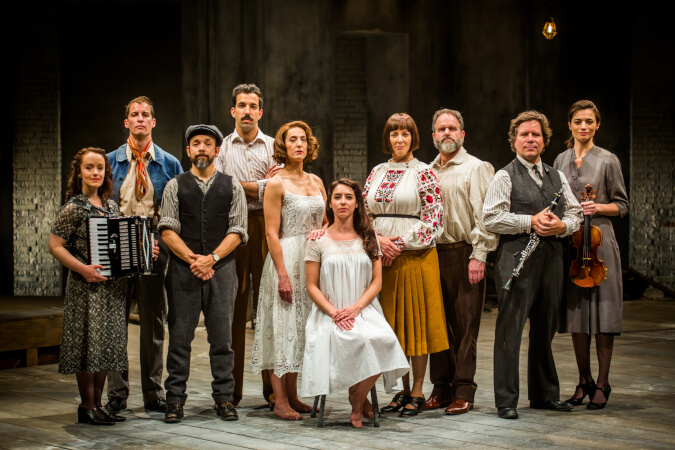
Overall what would you tell Philly audiences to expect from the show?
You can expect to laugh, and learn, and maybe cry and be transported to a different time. At a certain level, the show is a love letter to the theater, it’s from people who do this for a living and are expressing what they really love about it. You can expect to get a deep backstage blend on telling stories.
“Indecent” will be playing at the Arden Theatre Company (40 N 2nd St.) now- June 23rd. For more information and tickets visit ardentheatre.org



